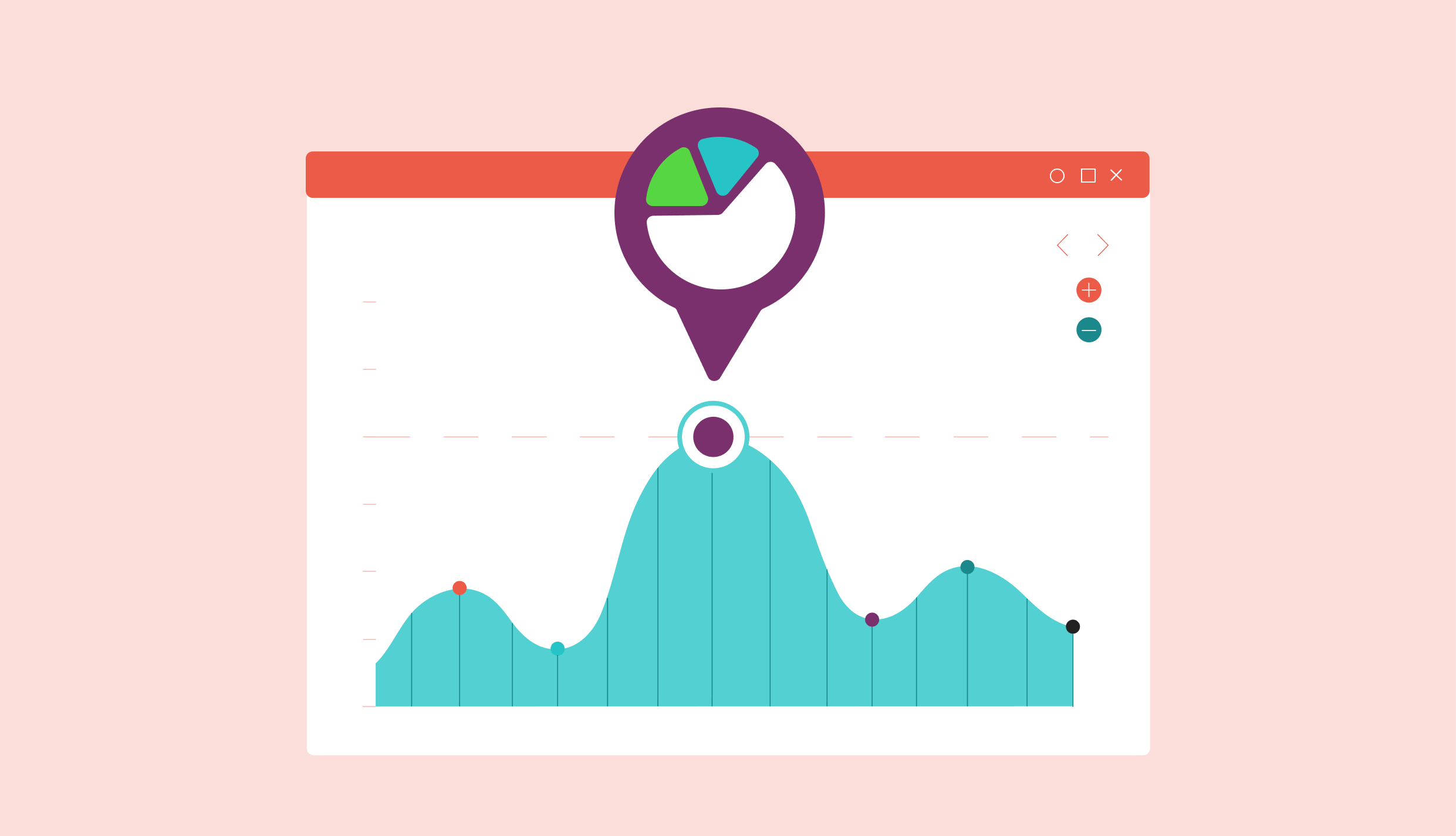
If your business was a living thing, think of the data warehouse as the brain. Smarter than a database, the data warehouse is your central hub for metrics presented in a meaningful way.
In this post, we’ll give you an overview of what distinguishes this resource from other reporting systems, and give you the tools to self-assess if a data warehouse is right for your business.
What is a data warehouse?
A data warehouse takes all the data your company has and keeps it in one central repository so that the information can be analyzed together for better-informed decisions. Data flows regularly into the warehouse from all the systems and software you have in place. Then, decision-makers or business analysts can access the information in the form of reports and dashboards to extract useful insights on business performance.
Using a data warehouse significantly reduces the time spent combining data from different sources, and eliminates any human errors.
A typical data warehouse is made up of three tiers. The foundation of the structure is the database server, which is where the data is stored. Second, is the analytics engine that accesses and analyzes the data. The final tier then presented results through reporting, analysis, and data mining tools so that data is easy to consume.
What are the benefits of having a data warehouse?
You might be thinking, what distinguishes a data warehouse from other forms of reporting? After all, data warehouses are traditionally not a cheap investment. For businesses that have a robust set of data collected, and depend heavily on their KPIs to make important decisions, data warehouses are the best option.
Benefits include:
- Better decision making backed by proof of analytics
- Data sets from many sources within the company are easily consolidated without any additional manual time spent
- It is ensured that the data quality, consistency, and accuracy are higher than if you reported on all metrics in their individual environments
- Historical data is easier to retrieve and reference back to when needed
Data warehouse vs. database
Not to be confused, a data warehouse has a different purpose and architecture than an operational database. Within a database, real-time updates are important for strict accuracy, since the main purpose is to keep the most up-to-date record of your information. By contrast, a data warehouse can give current data or analyze it through a long-range of data stored throughout time.
The best way to separate the two in your mind is to think about their use cases.
Database use cases:
- Managing an online booking system
- Storing client information
- A website process a transaction or a form fill
Data warehouse use cases:
- Data mining to gather new insights from information help across many databases
- Market research using large volumes of data to gather granular metrics
- Analyzing user behavior on your website to make marketing or business decisions
When do you need a data warehouse?
Most likely you’ll sense the need for a data warehouse based on your level of growth and how many systems you have capturing key metrics for you. Businesses that are a good fit for a data warehouse set clear goals that can be easily forecasted off of past performance and already have a strong tracking process. On top of that, they may also use data to guide their company decisions and track progress at an individual, team, department and company-wide level.
Signs a data warehouse isn’t quite a good fit include: goals are not linked to a metric, data gathering is done manually and not on a consistent basis, or progress is not available in real-time. If this is the case, your business would benefit from adopting a business intelligence tool that can give you real-time insights on the key metrics important to you and build the foundation for a data warehouse down the line.
For professional services firms interested in learning more about the added benefits and new insights you’ll gain by integrating your time and billing software, to a data warehouse, schedule a call with us here.





